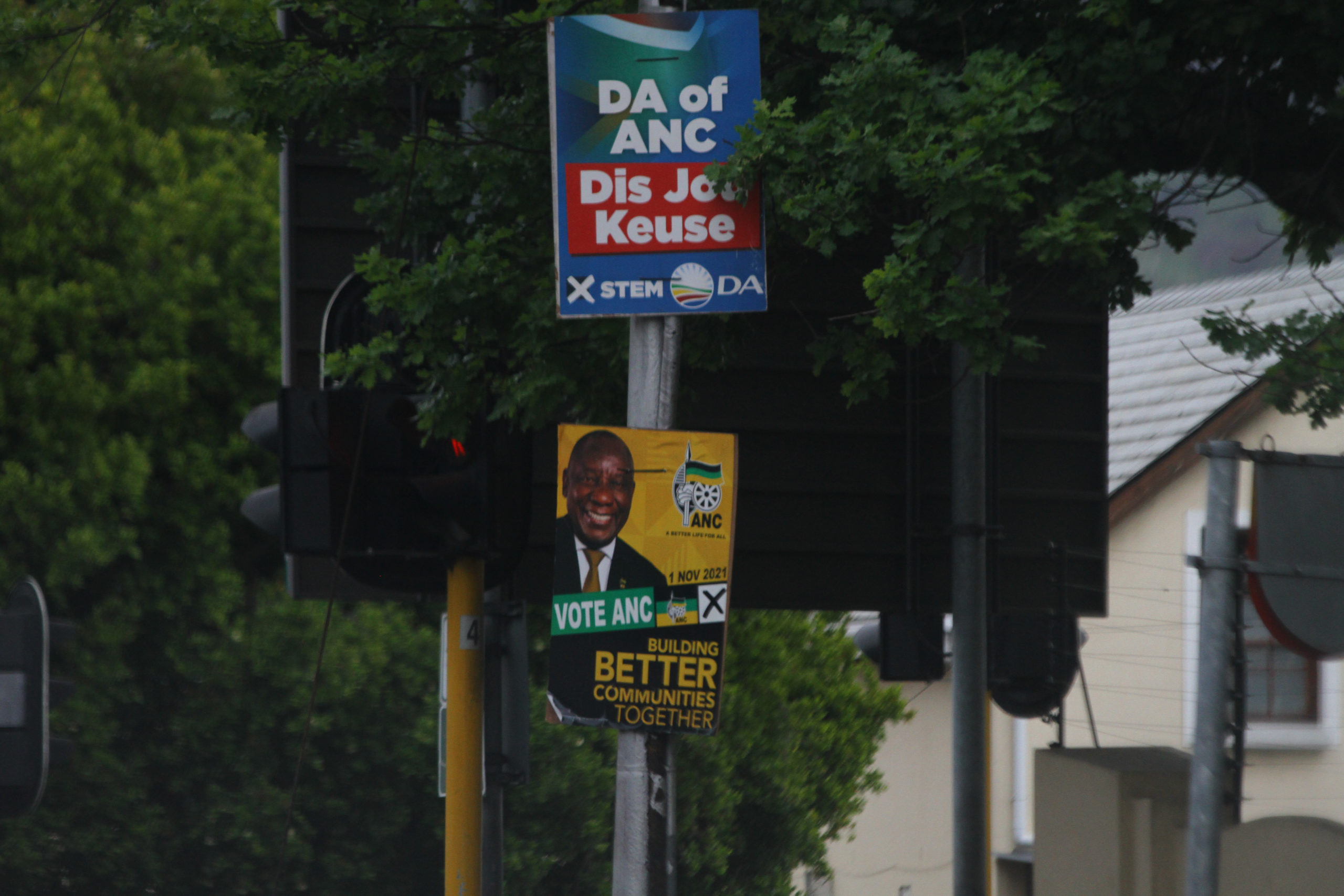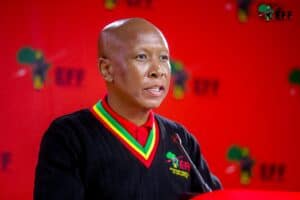Acting Chief Justice Raymond Zondo said he was concerned about the link between political party financing and the corrupt granting of tenders.

The Commission of Inquiry into Allegations of State Capture has raised a number of issues about the Political Party Funding Act (PPFA).
This comes after the commission’s chairperson, Acting Chief Justice Raymond Zondo, handed over the first part of state capture report to President Cyril Ramaphosa on Tuesday.
Party funding and dodgy tenders
In the report, under the heading “The Consequences of State Capture and Systemic Weaknesses”, Zondo expressed concern over the link between political party financing and the corrupt granting of tenders.
“Such a link can represent an existential threat to our democracy. It is inconceivable that political parties should finance themselves from the proceeds of crime, and yet there is alarming evidence to that effect,” the report reads.
Zondo was particularly referring to donations made to the African National Congress (ANC).
“In that case it appears that a front company was used as a vehicle to channel money to the benefit of the ANC,” the report further states.
ALSO READ: Zuma, Myeni, Molefe, Moyane, Gigaba all in Zondo report’s crosshairs
In May last year, the commission heard how the late City of Johannesburg (CoJ) mayor Geoff Makhubo allegedly solicited donations worth millions from businesses in exchange for tenders.
Makhubo had requested a R50-million donation from controversial IT service management company, EOH, for the ANC’s 2016 local government election campaign during his tenure as the party’s Johannesburg regional treasurer.
The late mayor told the commission that there was nothing malicious in the ANC requesting donations from businesses working with the city.
Meanwhile, Zondo also made another example involving the Free State government’s dealings with Blackhead Consulting.
Blackhead Consulting “irregularly” scored a number of contracts – including the 2014 asbestos audit tender valued at R255-million.
The company made donations worth millions to the ANC between 2013 and 2018.
READ MORE: Party funding: ‘Broke’ ANC declares R22 million as Cyril digs into his pockets
Suspended ANC secretary-general Ace Magashule was the Free State premier at the time. Magashule is facing a string of charges in connection to the asbestos tender.
“The evidence before the commission did not seek to establish the full extent of corruption associated with political party financing or the extent to which other political parties may also have been implicated.
“However, the two examples mentioned are more than enough to sound the alarm,” the commission’s chairperson said.
Zondo mentioned Bosasa, now African Global Corporations, as another example.
The evidence heard at the commission revealed that Bosasa, which also scored government tenders, made donations to the ANC.
“It cannot be that it only gave the ANC ‘clean’ money or that it did not spend ‘dirty’ money on the ANC,” he said.
Provisions
In order to dismantle the link between party funding and tender corruption, Zondo recommended that provisions be added to Act “to prevent, expose and criminalise such activity” because the National Prosecuting Authority (NPA) “cannot deal with this problem alone”.
“Nonetheless, the PPFA does not go as far as it should. Provision must be made to prohibit donations linked to the granting of tenders.
ALSO READ: IEC’s political party funding report is ‘hopelessly inadequate’, says DA
“The making of any such donations by a prospective tenderer or by a successful tenderer within an extended period of time must be made to constitute a criminal offence as must the receipt of any such payment whether such payment is made directly into the coffers of the political party or by some indirect means,” the report reads.
The commission’s chairperson stated in the report that there should be “significant monetary penalties” for both the recipient of the tender and the political party if they have breached the provisions.
“To be effective, it will be necessary for the legislation to require external inspections both of tenderers and political parties by a designated authority with 805 appropriate powers of search and seizure.”
What is the PPFA?
The 2018 PPFA, which regulates the public and private funding of political parties, came into effect on 1 April 2021.
Ramaphosa in January 2021 announced his decision to implement the Act after the National Assembly adopted the bill.
The Act, signed into law in January 2019, establishes the mechanism on funds to be provided to political parties represented in Parliament and provincial legislatures to undertake their work.
It requires that donations of R100,000 and upwards be disclosed by parties and donors to the Independent Electoral Commission (IEC).
READ MORE: Political party funding increase may be on the cards
It further seeks to ensure that all represented political parties receive sufficient funds for their work through the establishment of the Represented Political Party Fund, which provides public funding to parties, and the Multi-Party Democracy Fund, which funds parties from private sources.
The Act has been debated for quite some time, especially after Ramaphosa’s CR17 campaign reportedly received billions of rands from the private sector.
Political parties that violate certain sections of the Act could receive hefty fines, ranging from R40,000 to R1 million.
The IEC, however, cannot impose a fine as that is the competency of a court of law.






